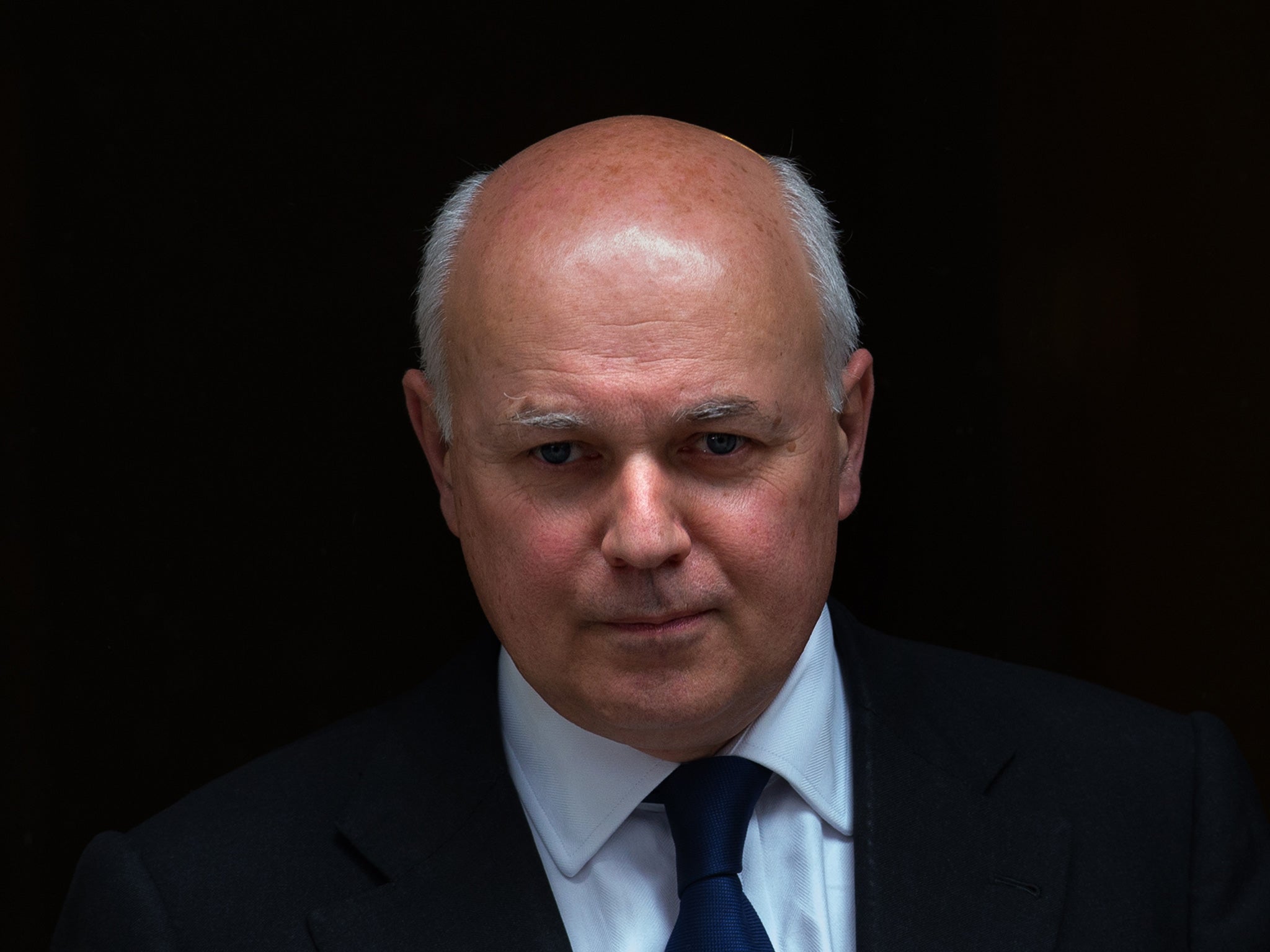DWP scraps mandatory 'work for your benefits' scheme without fanfare
The scheme was deemed ineffective by a DWP analysis but had since been expanded

The Government is scrapping a controversial scheme that requires unemployed people to take part in compulsory full-time work on pain of losing their jobseekers’ allowance.
The Mandatory Work Activity programme, described by charities as a “work for your benefits” scheme, sees people referred to do up to 30 hours a week unwaged work in exchange for not losing the £73.10 payment.
The DWP confirmed the programme would be replaced by a new “work and health programme” as part of the spending review settlement but said no details had been finalised about what form that would take.
Three years ago an analysis by the department found that the scheme was largely ineffective at getting people into jobs and that it had no impact on employment prospects.
It was then extended by ministers, however, to cover around 70,000 people at a cost of around £5m a year.
At the time the National Institute for Economic and Social Research said was “very difficult indeed to reconcile” the decision to expand the programme with the findings about its effectiveness.
“At a time of austerity, it is very difficult to see the justification for spending millions of pounds on a programme which isn't working,” Jonathan Portes, the organisation’s director, said.
Mr Portes wrote that the scheme appeared to be designed to be unpleasant so that it could be used as a “tool” by advisors against people who were not looking for work.
Community Work Placements, a longer counterpart of the Mandatory Work Activity that involve placements of up to six months, have also been scrapped.
The announcement was included in the Government's autumn statement spending review.
The Government’s main welfare-to-work scheme, the Work Programme, continues, however.
That programme is also backed by benefit sanctions and is applied to young people and people who have been long-term unemployed.
Under the Work Programme the exact nature of the requirements on jobseekers is outsourced to outside companies and organisations depending on local contracts.
The end to funding for the Mandatory Work Activity and Community Work Placement schemes comes shortly after the Government announced it was reforming its sanctions system.
People subjected to sanctions will be given a period in which to prove the penalty was misapplied before it is actually applied.
The House of Commons Work and Pensions Committee had warned that the system, used to enforce compliance with the DWP's rules by cutting benefits, could be "purely punitive".
Various charities and researchers have also variously blamed the sanctions system on food poverty, child poverty, homelessness, and worsening mental health issues.
Iain Duncan Smith, the Work and Pensions Secretary, said the Government had made "remarkable" progress on welfare reform.
"Our welfare reforms are fundamentally about delivering greater opportunity through life change: supporting everyone who is able to work to do so, while at the same time maintaining the valuable safety net for those that need it. This government has made remarkable progress but there’s more to do," he said.
"This Spending Review will see the start of genuine integration between the health and work sectors, with a renewed focus on supporting people with health conditions and disabilities return to and remain in work. We will increase spending in this area, expanding Access to Work and Fit for Work, and investing in the Health and Work Innovation Fund and the new Work and Health Programme."
Join our commenting forum
Join thought-provoking conversations, follow other Independent readers and see their replies
Comments
Bookmark popover
Removed from bookmarks